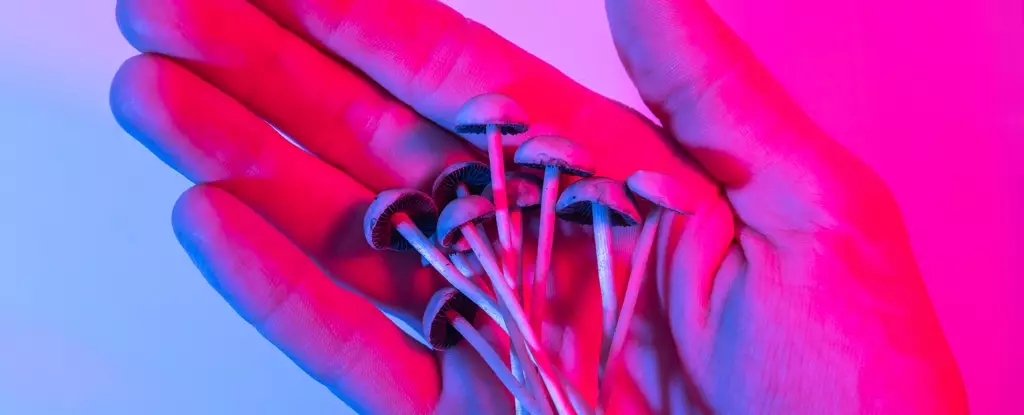The decriminalization and legalization of psilocybin in various cities and states across the U.S. have led to a concerning trend in the number of calls to poison control centers related to psilocybin exposures among adolescents and young adults. The calls increased significantly after 2019 when psilocybin was decriminalized in Denver, Colorado, and subsequently legalized in other areas.
When ingested, psilocybin, a compound found in “magic mushrooms,” can induce psychedelic experiences, causing euphoria and alterations in perception. However, it can also lead to serious health effects such as psychosis, hallucinations, delusions, and agitation. In the U.S., psilocybin is classified as a Schedule 1 substance under the Controlled Substances Act, indicating a high potential for abuse and no accepted medical use.
Concerning Findings from Study
A recent study analyzing data from 55 U.S. poison centers between 2013 and 2022 revealed a steady increase in psilocybin exposures among adolescents since 2019. The number of cases more than tripled among adolescents and doubled among young adults compared to the period when the drug was illegal. The majority of reported cases required medical attention, highlighting the severity of the health effects associated with psilocybin.
The rise in psilocybin exposures among adolescents and young adults bears similarities to the increase in acute cannabis poisoning following marijuana legalization in 1996. Despite regulations prohibiting individuals under 21 from using or purchasing psilocybin in legalized areas, young people are still accessing the drug illegally, leading to adverse health outcomes.
The Need for Preventive Measures
As emergency medicine physicians and epidemiologists, it is crucial to track and address public health risks associated with substances like psilocybin. Efforts must be made to educate young people about the dangers of psilocybin use and to implement interventions to prevent further exposures and mitigate the associated health risks.
The rising trend of psilocybin exposures among adolescents and young adults following decriminalization and legalization poses a significant public health concern. It is imperative for policymakers, healthcare professionals, and educators to collaborate on strategies to curb the misuse of psilocybin and protect the health and well-being of young individuals. Increased awareness, education, and enforcement of regulations are crucial in addressing the growing issue of psilocybin-related poison exposures.


Leave a Reply